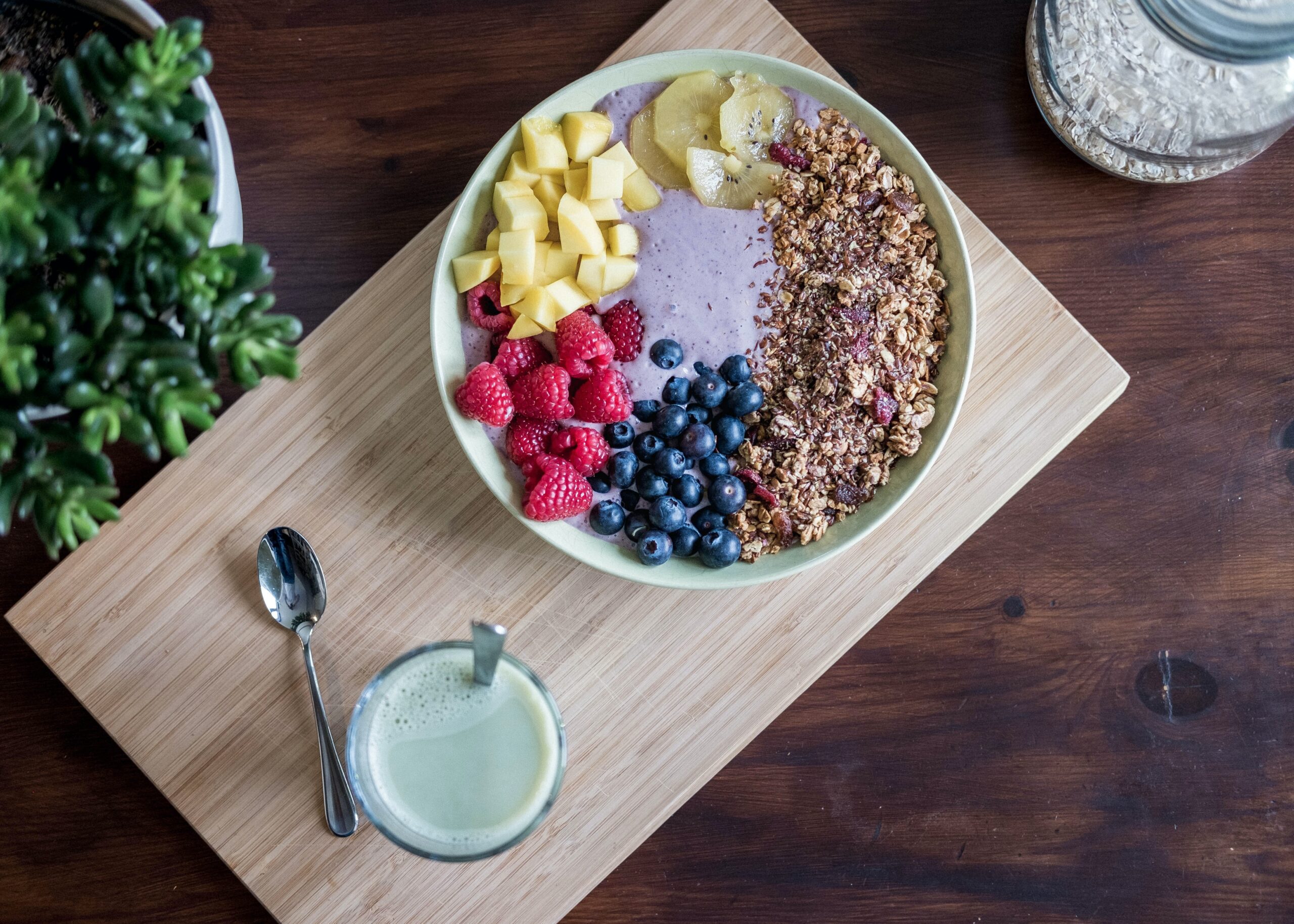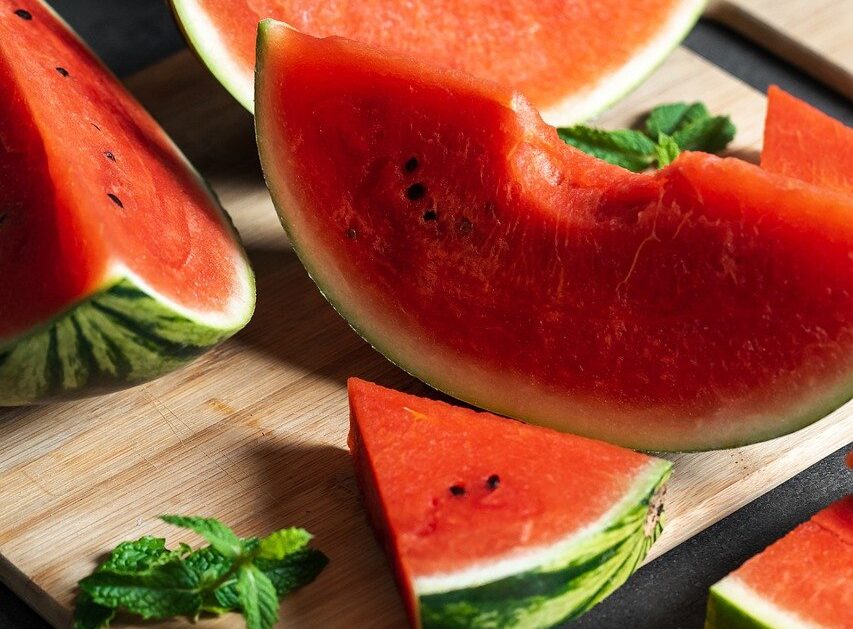Benefits of Watermelon
Watermelon is a summer staple, beloved for its refreshing taste and hydrating properties. Not only is it a delightful treat on a hot day, but it’s also packed with nutrients and offers numerous health benefits. In this article, we’ll explore the many reasons why watermelon deserves a regular spot in your diet.
Nutritional Profile of Watermelon
Key Nutrients Found in Watermelon
Vitamins and Minerals
Watermelon is rich in essential vitamins and minerals. It contains significant amounts of vitamin C, which is crucial for immune function and skin health. Vitamin A, found in the form of beta-carotene, is vital for eye health and maintaining healthy skin. Additionally, watermelon provides potassium, an essential mineral for maintaining proper heart and muscle function.
Antioxidants
This juicy fruit is also loaded with antioxidants. Lycopene, a powerful antioxidant found in red and pink fruits, is abundant in watermelon. Lycopene has been linked to many health benefits, including reduced risk of certain
types of cancers and heart disease. Watermelon also contains cucurbitacin E, another potent antioxidant known for its anti-inflammatory properties.
Low-Calorie Content
One of the best things about watermelon is that it’s low in calories, making it an ideal snack for those who are watching their weight. A typical serving of watermelon (about one cup) contains just around 46 calories, making it a guilt-free indulgence.
Health Benefits of Watermelon
Hydration
High Water Content
Watermelon is composed of approximately 92% water, making it one of the most hydrating foods you can eat. Consuming watermelon helps maintain proper hydration levels, which is essential for overall health and particularly important during hot weather or after intense physical activity.
Electrolyte Balance
In addition to its high-water content, watermelon contains electrolytes like potassium and magnesium. These minerals help maintain the body’s fluid balance, support muscle function, and prevent cramps and dehydration.
Heart Health
Rich in Lycopene
Lycopene is not only an antioxidant but also beneficial for heart health. Studies have shown that lycopene can help reduce cholesterol levels and lower blood pressure, both of which are critical factors in maintaining a healthy heart.
Blood Pressure Regulation
The potassium and magnesium in watermelon also play crucial roles in regulating blood pressure. Potassium helps to ease tension in blood vessel walls, which can lower blood pressure and reduce the risk of stroke.
Anti-Inflammatory Properties
Role of Cucurbitacin E
Cucurbitacin E is known for its anti-inflammatory effects. Regular consumption of watermelon can help reduce inflammation and oxidative stress, which are linked to chronic diseases like arthritis.
Reducing Muscle Soreness
Athletes and active individuals might find watermelon particularly beneficial. The amino acid citrulline, found in watermelon, has been shown to reduce muscle soreness and improve recovery after exercise.
Skin Health
Hydration and Skin Elasticity
Staying hydrated is key to maintaining healthy, glowing skin. Watermelon’s high-water content helps keep your skin hydrated, improving elasticity and reducing the appearance of wrinkles.
Antioxidant Protection
The antioxidants in watermelon, particularly vitamins A and C, protect the skin from damage caused by free radicals. This protection helps prevent premature aging and keeps the skin looking youthful.
Weight Management
Low in Calories
As mentioned earlier, watermelon is low in calories, making it a perfect snack for those trying to lose or maintain weight. Its natural sweetness can also satisfy sugar cravings without adding extra calories.
High in Fiber
Watermelon contains a decent amount of fiber, which aids in digestion and helps you feel full longer. This can prevent overeating and support weight management efforts.
Digestive Health
Rich in Fiber
Fiber is essential for a healthy digestive system. It adds bulk to the stool, which helps prevent constipation and promotes regular bowel movements.
Aiding Digestion
The water and fiber content in watermelon work together to keep the digestive tract functioning smoothly. Consuming watermelon can help prevent digestive issues and keep your gut healthy.
Culinary Uses of Watermelon
Fresh Consumption
The simplest and most popular way to enjoy watermelon is fresh. Whether sliced, cubed, or scooped into balls, fresh watermelon is a delicious and refreshing treat.
Juices and Smoothies
Watermelon juice is incredibly hydrating and refreshing. Blending watermelon with other fruits or greens can create nutrient-packed smoothies that are perfect for breakfast or a post-workout snack.
Salads and Savory Dishes
Watermelon can also be used in savory dishes. Adding watermelon cubes to salads with feta cheese, mint, and a light vinaigrette creates a delightful combination of flavors. It can also be grilled or used in salsas for a unique twist.
Desserts and Sorbets
Watermelon makes a fantastic base for desserts. From watermelon sorbets and popsicles to incorporating it into fruit salads, the possibilities are endless.
Watermelon in Traditional Medicine
Historical Uses
Historically, watermelon has been used in various cultures for its medicinal properties. Ancient Egyptians used it as a source of hydration, while in traditional Chinese medicine, watermelon is believed to have cooling properties that help reduce heat and inflammation.
Modern Applications
Today, watermelon is still recognized for its health benefits. It’s often recommended for its hydrating properties and its ability to support heart and skin health. Modern studies continue to explore its potential in reducing the risk of chronic diseases.
How to Choose and Store Watermelon
Selecting the Perfect Watermelon
Appearance
Look for a watermelon that is symmetrical and free from dents or bruises. The skin should be dull, not shiny, as a shiny appearance often indicates under-ripeness. The underside of the watermelon should have a creamy yellow spot, which shows it ripened on the vine.
Sound Test
Another method to test watermelon ripeness is the sound test. Tap the watermelon and listen for a deep, hollow sound. This indicates that the watermelon is full of water and at peak ripeness.
Proper Storage Techniques
Once you’ve selected a ripe watermelon, store it in a cool, dark place if you plan to eat it within a week. For longer storage, keep it in the refrigerator. Once cut, watermelon should be stored in an airtight container in the fridge and consumed within three to five days.
Fun Facts About Watermelon
Watermelon Varieties
There are over 1,200 varieties of watermelon grown worldwide, ranging in size, color, and taste. Some popular types include seedless, picnic, icebox, and yellow/orange-fleshed watermelons.
Watermelon Festivals
Many places around the world celebrate watermelon with festivals. These events often include watermelon eating contests, seed spitting competitions, and various other watermelon-themed activities.
Interesting Records
The heaviest watermelon on record weighed 350.5 pounds and was grown by Chris Kent in Tennessee, USA, in 2013. This colossal watermelon showcases the incredible potential size of this beloved fruit.
Conclusion
Watermelon is much more than a tasty summer treat. Its impressive nutritional profile and numerous health benefits make it a fantastic addition to any diet. From hydrating the body to supporting heart health and aiding digestion, watermelon is truly a powerhouse fruit. So, next time you’re looking for a refreshing snack, consider reaching for a slice of watermelon and enjoy its myriad of benefits.






